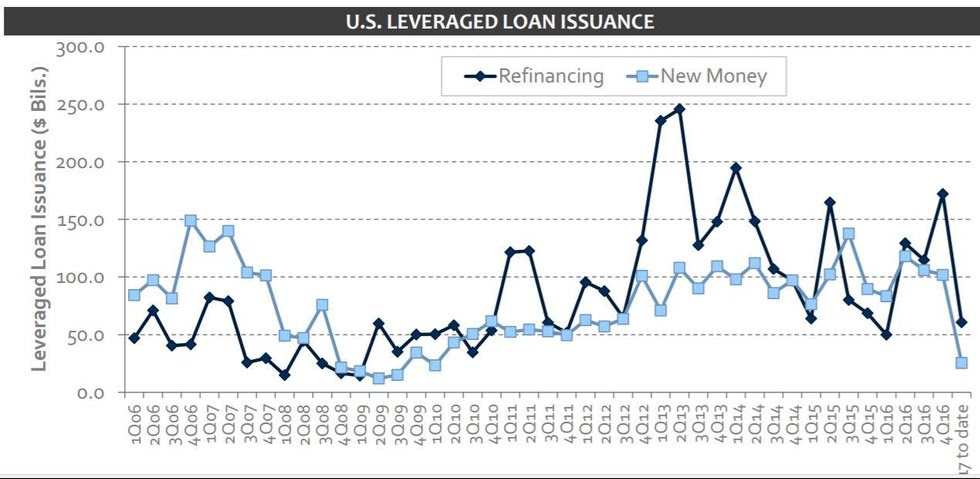Notice of Appearance: Joshua Sussberg, Partner at Kirkland & Ellis LLP
This week PETITION welcomes a notice of appearance by Joshua Sussberg, Partner in the New York office of Kirkland & Ellis LLP.
PETITION: What is the best piece of advice that you’ve been given in your career?
“Always be the most prepared. Period. Whether it is a call, meeting or court appearance, be the most prepared person there. This piece of advice is something I do not forget and pass on.”
PETITION: What is the best book you’ve read that’s helped guide you in your career?
“A Civil Action. It was a requirement to read heading into law school and I went back and read it again years later. It teaches that one lawyer can ultimately make a difference. It also speaks to, and without question demonstrates, the high stakes and personal commitment the profession requires and demands. A must read.”
PETITION: What is the one product that helps make you a more efficient or relaxed pro?
“Wireless headphones. Airpods. But it really can be any wireless headphones at all.…”
PETITION: Cool. Anything interesting you’re listening to at the moment?
"Top hits on Spotify!”
PETITION Note: You’re one in (70) million, Josh!
PETITION: What is one notable trend you expect to see in ’18 that not enough people are talking about?
“Restructuring professionals spend lots of time these days talking about the retail, oil & gas and the healthcare sectors, with much less attention being paid to real estate (both commercial and multi family). While there is still a lot of capital in the market place, rising rates and lower rents may pressure this and cause dislocation later in the year.”
PETITION Note: We agree, Josh. We’ve been writing since our inception that the cavalier attitude that many players in the space have taken vis-a-vis the real estate sector is mistaken. If anything, the recent low price offered by Brookfield Capital Partners for General Growth Properties may be the canary in the coal mine for commercial real estate. Note also, this, relating to the liquidation of The Bon-Ton Stores:



